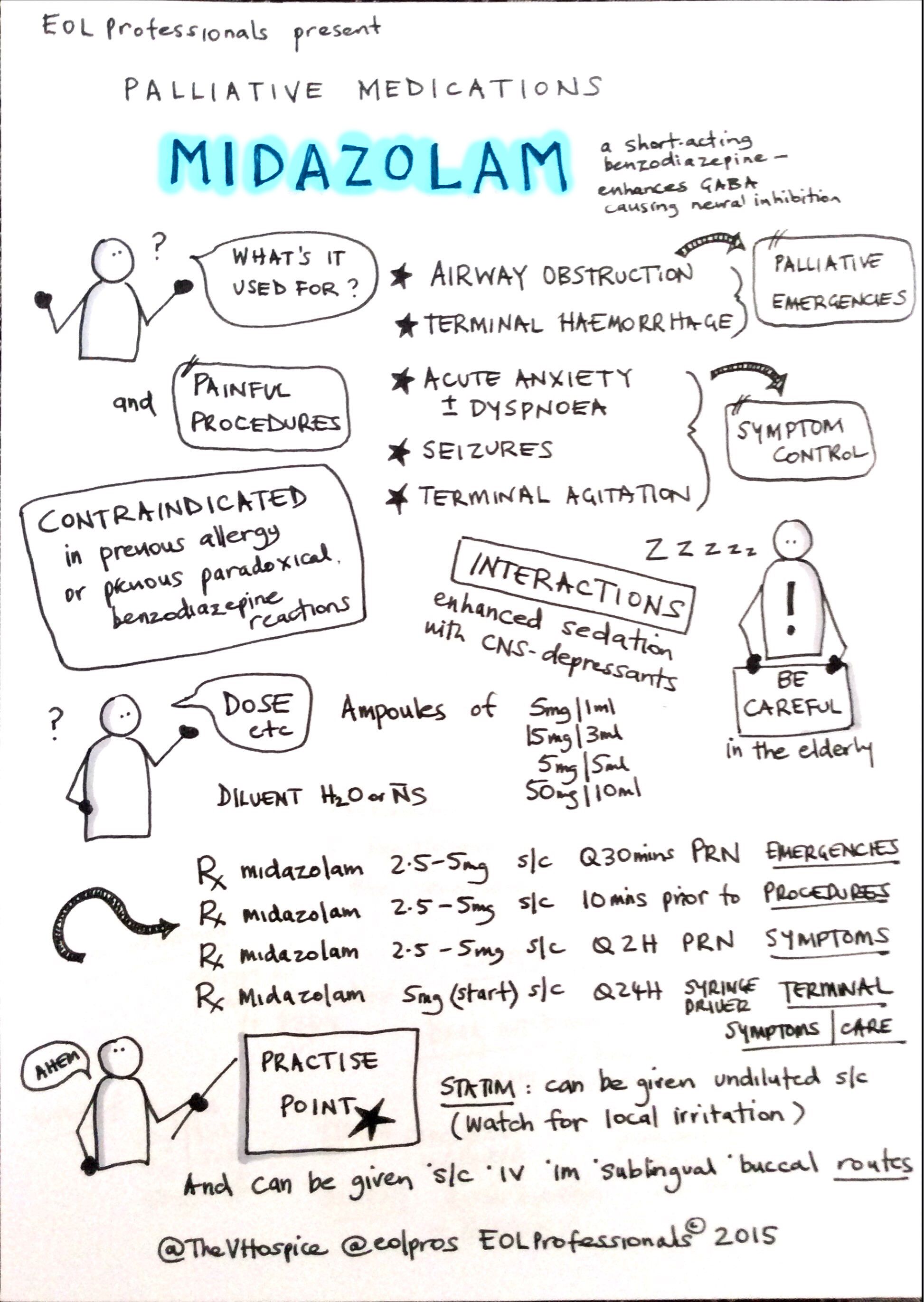
If you are considering palliative care and hospice for yourself or a loved one, you've probably heard some myths and misinformation. There are many myths and misinformation about these treatments. These misconceptions include those that are common among family members, patients, and primary caregivers. In this article, you'll learn about the benefits and myths of palliative care and hospice. This article will also provide information about common hospice services and the care they provide.
Patients
Even though there is no definitive definition of the life expectancy of an end-stage condition, patients and physicians often agree on several important aspects. An 85-year old patient might prefer hospice care over undergoing life-sustaining treatment. Another important aspect of hospice care is the ability to express one's wishes about their care, including the wishes of family members. Although it's difficult to predict a person’s exact life expectancy, doctors can give recommendations to help them determine how long they can live.

Their families
Many prominent hospice advocates don't believe home hospice is the right choice for everyone. However, people who have lost a loved ones to terminal illness might question whether it is worthwhile. These people have gone through the loss of a loved one in home hospice. It can be difficult and traumatizing. Social worker Coneigh Sea, for example, lost her husband to prostate cancer in 1993. She had to handle his medications and bodily fluids all by herself, even though hospice care had been designed to help reduce costs.
Their primary care providers
Primary care physicians can offer specialist palliative care to patients who are in the last stages of life-threatening illnesses. These medical professionals can provide pain management, support, for depression and anxiety as well advance care planning. The challenges primary care providers face include patient resistance, and interpreting a patient's responses in a positive way. We will discuss the advantages and challenges that primary care physicians face when integrating hospice and palliative services.
Common misconceptions about hospice and palliative medicine
Palliative and hospice are both very important services for end-of-life care. But many people don't realize the differences. These programs do not provide curative care but instead focus on pain management. Hospice can assist in the management of the emotional and psychological aspects associated with terminal illness. You need to be educated about hospice and palliative services in order not to fall for common myths.
They are delivered at home or in a home-like setting
Both types are provided by a team comprising nurses, a social worker and a spiritual counselor. Additional help is available with tasks such as dressing and bathing. Social workers and spiritual counsellors provide emotional support as well as referrals to other support services. Pharmacists oversee medication and provide suggestions for effective symptom relief. Volunteers can provide assistance with daily tasks, such cooking and shopping, and respite care.

They are covered by Medicare and Medicaid
Medicare and Medicaid both offer hospice and palliative-care services. Medicare pays hospice agencies each day a beneficiary becomes eligible for the hospice benefit. It doesn't matter if services are actually rendered. Medicare payments are intended to cover costs associated with care. They are based upon a fee schedule that includes four base payment amounts for four categories of care. Your insurance provider may offer hospice services. Ask your representative.
FAQ
How to handle a clingy partner?
There are many ways to get help from a controlling partner. Talk to your partner about what you want, but if they aren't interested, you might need to take steps.
It might be worth taking a trip away with your partner at least once per week, to allow yourself to reflect and dream.
It is a sign that you are being controlled by someone who does not respect you.
It is important to remember that while you might love one another, you have very different needs. You might want one person to be near all the times while the other wants to go out only occasionally.
It's possible that you spend most of the time you have with your partner. Is it because you enjoy their company, or is it because you fear losing them?
Once you know your answer to this question you will be able to decide if you want leave or stay.
How do you handle an abusive relationship?
You need to take action to make sure you don't end up back in this situation again.
Learn how to handle rejection and disappointment.
Also, you need to be clear about what you want right now.
If you're going to change anything then you must immediately decide what you're going to do different.
Setting goals is essential in order to work towards them.
You must stop blaming people and accept responsibility for your actions.
You need to find ways to cope with stress and anxiety.
Accept that not everyone will understand you.
And you need to learn to forgive yourself.
What is the difference in a friend and a love interest?
A friend is someone you can talk to about anything. A lover is someone you can talk about anything.
Statistics
- Why Relationships Matter Find a therapist to strengthen relationships With the national rate of divorce hovering close to 50 percent, people understandably wonder how they can make a relationship last. (psychologytoday.com)
- After analyzing the data and controlling for the influence of other personality traits and demographic factors, she found that gritty men were 17 percent more likely to stay married. (time.com)
- But Gottman's research shows that three years into a relationship if you're not arguing at all, you're much more likely to find yourself arguing in divorce court. (time.com)
- Meanwhile, a 2010 study of twenty-three thousand married couples found that the similarity of spouses accounted for less than 0.5 percent of spousal satisfaction. (time.com)
External Links
How To
How to be successful with a new partnership
Trust is a key component in any healthy relationship. Expect your relationship to be a daily part of your day. You should be open to the possibility of change and accepting them as they are. Just be with them to find out if they are right for you. You should do what is best for you and your partner.
When starting a relationship, there are many things you should consider. Do you want to marry? Do you want to share a home? Are you looking for a serious or casual relationship? Do you want kids? How old do you think you should be? Is it possible to afford a child? Is it okay if your parents know about this person? Does she/he like children? Are you willing to move in together?
These questions will help you decide what kind of relationship you want. It's important that you remember that all relationships will have ups or downs. Don't rush to make a decision. Before jumping into a committed relationship, take your time to figure out what you want.
Be realistic in your expectations of a potential partner. Don't expect too much from this person at first. You may be surprised at what they have in store for you. And even though you're undergoing many changes, don't forget to enjoy yourself while dating. Have fun. Make memories.
Let me conclude by advising you to not rush into committing yourself to a relationship. Before making such a major decision, think carefully about all aspects.